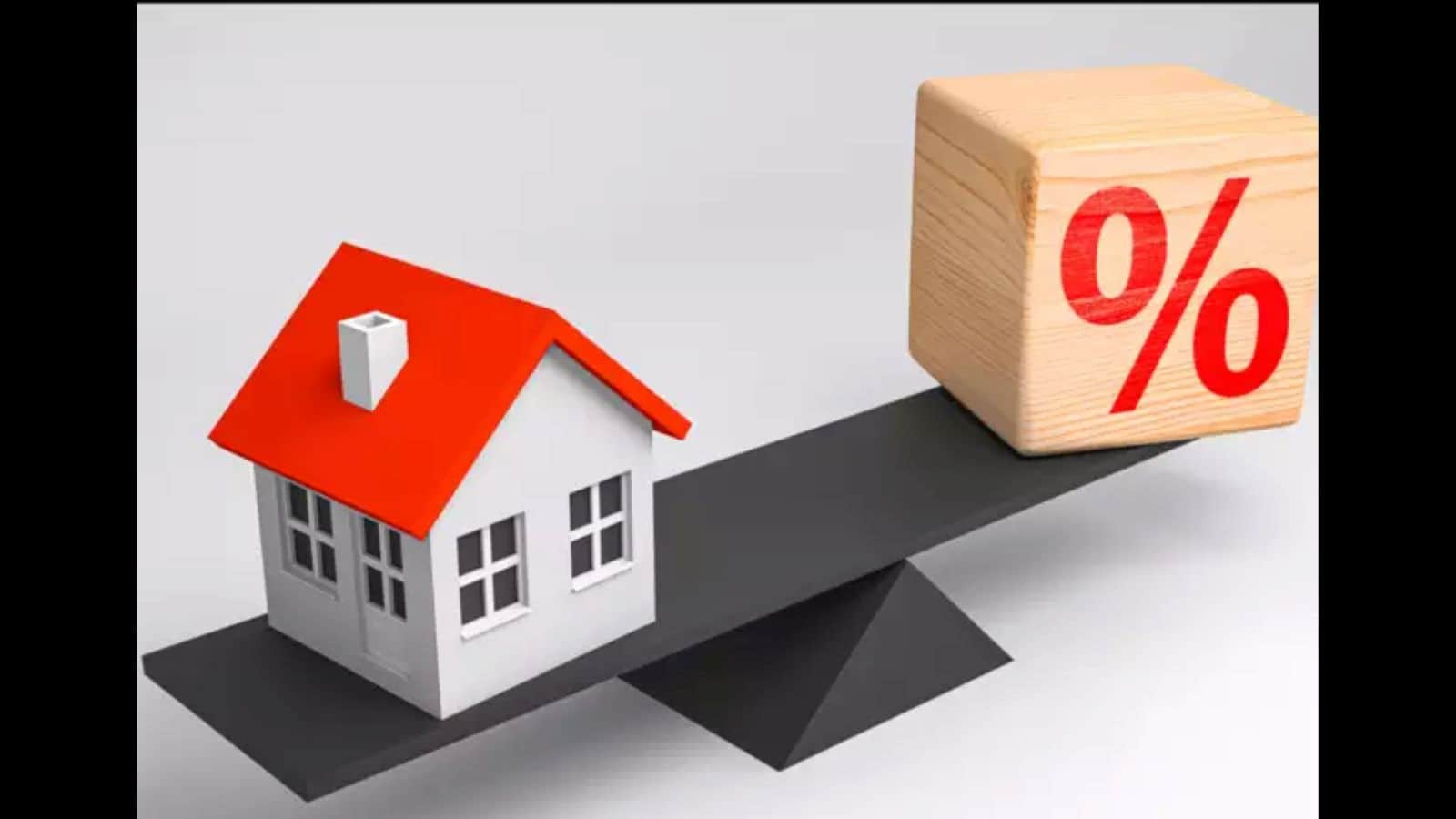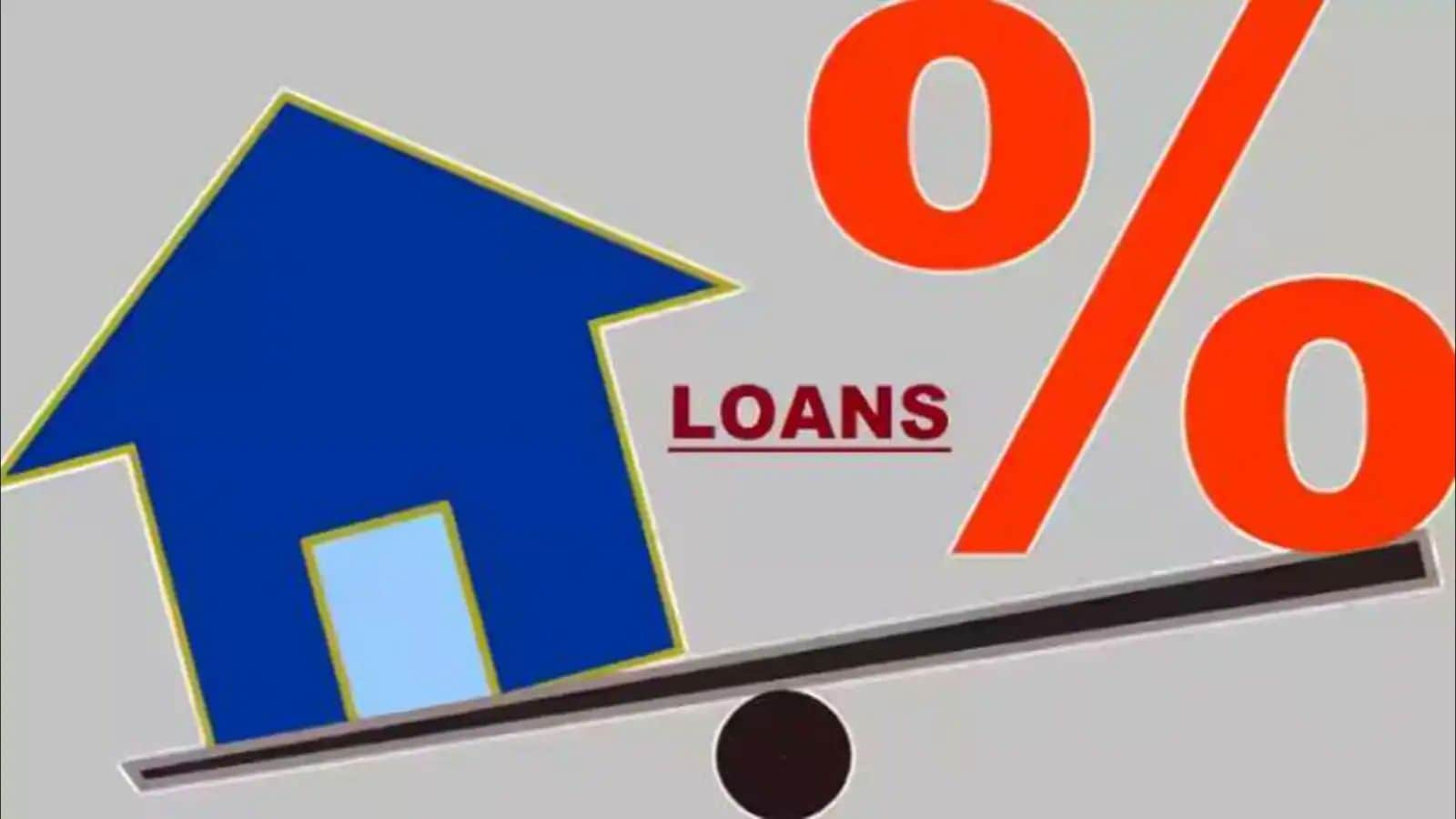Mortgage Interest Rates September 27: Mortgage rates have been relatively stable for the majority of September, but they have increased slightly this week and are now at their highest level of the year.
Although consumers have no control over the macroeconomic conditions that have led to higher mortgage rates, they can take steps to secure the lowest available rates.
Mortgage Interest Rates September 27, 2023 Surge to New Highs
Today’s mortgage rates
| Mortgage type | Average rate today |
| 30-year fixed | 7.30% |
| 20-year fixed | 7.25% |
| 15-year fixed | 6.54% |
| 7/1 ARM | 7.31% |
| 5/1 ARM | 7.42% |
| 30-year FHA | 6.04% |
| 30-year VA | 6.53% |
Today’s refinance rates
| Mortgage type | Average rate today |
| 30-year fixed refinance | 7.57% |
| 20-year fixed refinance | 6.93% |
| 15-year fixed refinance | 6.45% |
| 7/1 ARM refinance | 7.90% |
| 5/1 ARM refinance | 7.52% |
| 30-year FHA refinance | 5.92% |
| 30-year VA refinance | 6.53% |
On a $300,000 loan, myFICO indicates that applicants with a credit score above 760 will have access to 30-year mortgage rates around 7.135%. Those with credit scores of 620, the minimal required for a conventional mortgage, will have an average interest rate of 8.724 percent.
By improving your credit score, you can reduce your mortgage payment even when interest rates are extremely high.
Mortgage rates have been relatively stable for the majority of September, but they have increased slightly this week and are now at their highest level of the year.
Although consumers have no control over the macroeconomic conditions that have led to higher mortgage rates, they can take steps to secure the lowest available rates.
On a $300,000 loan, myFICO indicates that applicants with a credit score above 760 will have access to 30-year mortgage rates around 7.135%. Those with credit scores of 620, the minimal required for a conventional mortgage, will have an average interest rate of 8.724 percent.
By improving your credit score, you can reduce your mortgage payment even when interest rates are extremely high.
Mortgage rates have been relatively stable for the majority of September, but they have increased slightly this week and are now at their highest level of the year.
Although consumers have no control over the macroeconomic conditions that have led to higher mortgage rates, they can take steps to secure the lowest available rates.
On a $300,000 loan, myFICO indicates that applicants with a credit score above 760 will have access to 30-year mortgage rates around 7.135%. Those with credit scores of 620, the minimal required for a conventional mortgage, will have an average interest rate of 8.724 percent.
By improving your credit score, you can reduce your mortgage payment even when interest rates are extremely high.
Forecast of mortgage rates for 2023
In 2022, mortgage rates increased by more than three percentage points from their historic lows in 2021’s second half.
However, many forecasts predict that interest rates will commence to decline this year. Researchers at Fannie Mae predicted in their most recent forecast that 30-year fixed interest rates will decrease throughout 2023 and 2024.
But whether mortgage rates will decline in 2023 depends on whether the Federal Reserve can rein in inflation.
In the past year, the Consumer Price Index increased by 3.7%. Since its peak a year ago, inflation has slowed considerably, but further deceleration is required before the Fed will contemplate cutting interest rates.
A home equity line of credit (HELOC) may be a good option for householders seeking to use their home’s equity to finance a large purchase, such as a home renovation, while we wait for mortgage rates to decline. Check out some of our top HELOC lenders to start your search for the right loan for you.
A HELOC is a line of credit that allows you to borrow against your home’s equity. It functions similarly to a credit card in that you borrow only what you need, as opposed to receiving the entire loan amount in one single sum. It also allows you to access the equity in your property without having to replace your entire mortgage, as you would with a cash-out refinance.
Current HELOC interest rates are relatively modest in comparison to credit card and personal loan rates.
When Will Home Prices Decline?
Even if there is a recession this year, it is unlikely that we will see large monthly declines in home values.
Researchers at Fannie Mae anticipate a 3.9% price increase in 2023, while the Mortgage Bankers Association anticipates a 1.5% price increase in 2023 and a 1.1% price increase in 2024.
Sky-high mortgage rates have dissuaded many would-be purchasers from entering the market, thereby reducing the demand for purchasing a home and exerting downward pressure on home prices. However, rates may soon begin to decline, which would alleviate some of this pressure. In addition, the current housing supply is historically low, which will likely prevent prices from falling too much.
What Happens to Housing Prices During a Recession?
During a recession, home prices typically decline, but not always. When it does occur, it is typically because fewer people can afford to purchase homes, causing vendors to lower their prices.
What Mortgage Amount Can I Afford?
A mortgage calculator can help you determine the maximum loan amount you can afford. Consider how your monthly payment would work into your overall budget as you experiment with various home prices and down payment amounts to determine your potential monthly payment.
Experts recommend allocating no more than 28% of your gross monthly income to housing costs. This indicates that your total monthly mortgage payment, including taxes and insurance, should not exceed 28% of your monthly income before taxes.
The lower your interest rate, the more you’ll be able to finance, so shop around and get preapproved with multiple mortgage lenders to find the best rate. However, you should never borrow more than your budget can comfortably manage.



